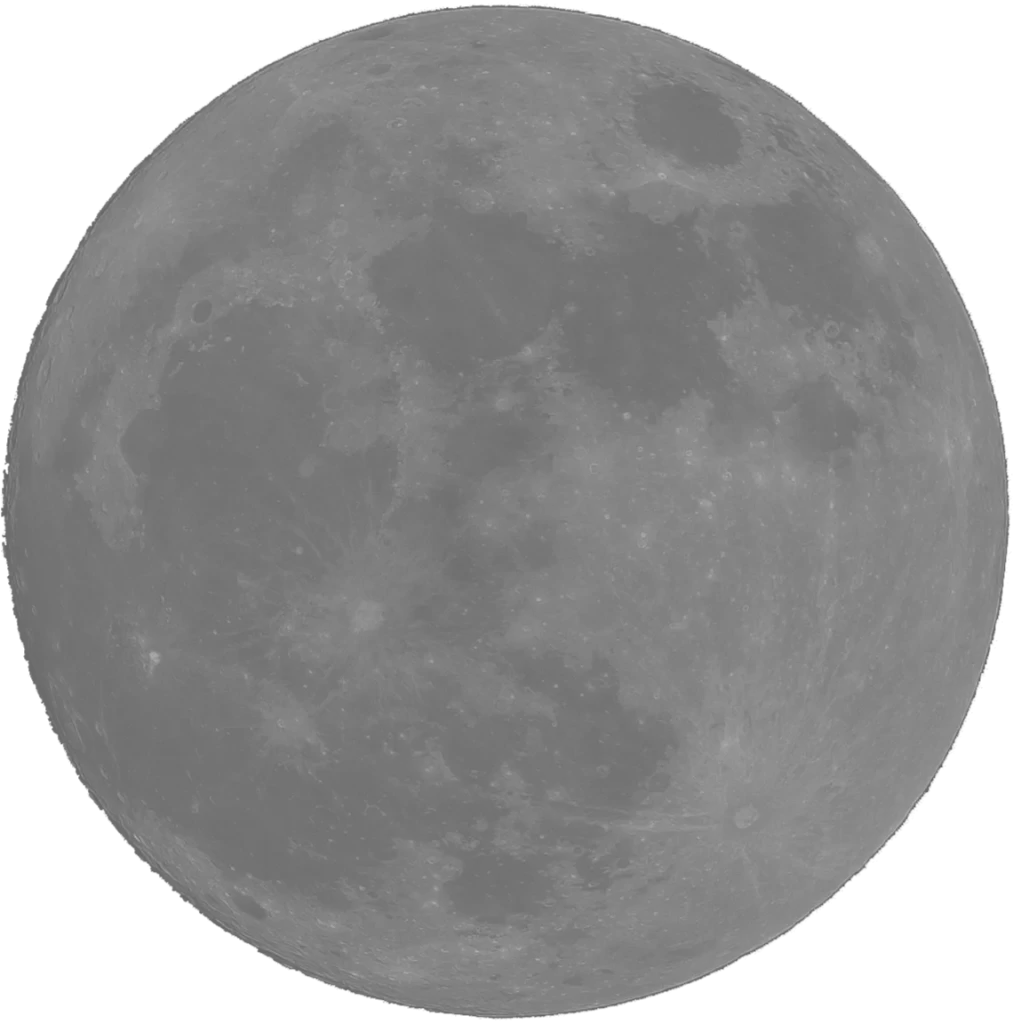147 Fowler Avenue Kenmore, New York 14217
+716- 352-7112
In continuing with this series on medicinal mushrooms coupled with us living in flu season I think it is appropriate to mention those fungi that are known to improve our immune systems. As a recap of previous editions, please note that medicinal mushrooms are edible macroscopic fungi (visible to the naked eye) that are used for their beneficial health properties. Fungi, which include yeasts, molds, and mushrooms, live on the dead matter found in soil or on plants, animals, and other fungi. There are an estimated 14,000 to 22,000 known species of mushrooms worldwide, of which approximately twenty to thirty are cultivated edible species and approximately fifteen species are wild foraged for consumption. These mushrooms may be consumed as functional foods or as dietary supplements.
Mushrooms are a source of many nutrients, including fiber, protein, selenium, and potassium, as well as the vitamins B1, B2, B12, C, D, and E. Additionally, they possess several bioactive components, such as alkaloids, flavonoids, terpenes, phenolic compounds, polyunsaturated fatty acids, and polysaccharides. Notably, β-glucan, a polysaccharide commonly present in mushrooms, has been studied for its immune-stimulating and prebiotic properties.
The top eight medicinal mushrooms for immune support are chaga, cordyceps, lion’s mane, maitake, oyster, reishi, shiitake, and turkey tail. Chaga mushrooms, also referred to as birch mushrooms and chaga conk, is a dark brown and black fungus that grows most often on birch trees. Several compounds found in chaga mushrooms may result in its beneficial effects, including antioxidant polyphenols, as well as betulin and betulinic acid, which are associated with anti-cancer effects.
Though not technically a mushroom, cordyceps is a rare caterpillar fungus that grows only in high-altitude regions of Sikkim, a state in northeast India. Hericium erinaceus is commonly known as lion’s mane mushroom due to its white, fur-like appearance. Maitake is a culinary and medicinal mushroom that has shown anti-cancer activity on breast cancer, melanoma, and hepatoma cells in animal studies. In vitro research on oyster mushrooms has found that the polysaccharides present in P. ostreatus mushrooms may activate NK cells against lung and breast cancer cells. Reishi is commonly referred to as the “king of mushrooms” or the “mushroom of immortality”. It has been shown to prevent or treat various diseases and modulate the inflammation associated with a high-cholesterol diet. Shiitake mushrooms have been traditionally used to treat conditions such as the common cold. The turkey tail mushroom obtains its name from the tan and brown rings on its surface, similar in appearance to the tail feathers of a turkey. In traditional medicine, turkey tail mushrooms have been used therapeutically for fungal infections, cancer, and acquired immunodeficiency syndrome (AIDS).
No supplements should replace the care of a physician and medical advice. Always consult with your physician before any dietary changes.
